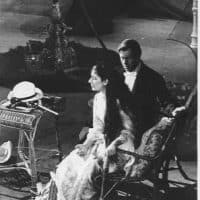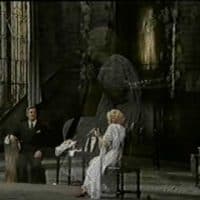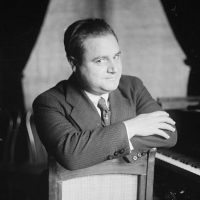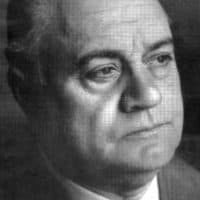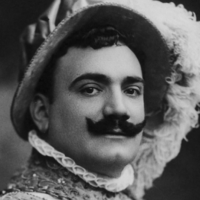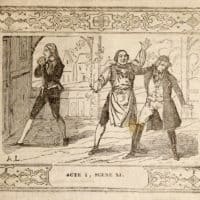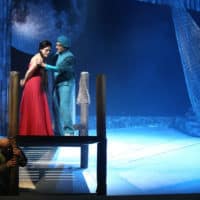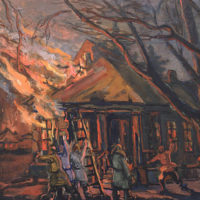 Italian tenor Luigi Marini was born in Ascoli Piceno, Italy, in 1885. He made his operatic debut in 1908 at the Mariani in Ravenna as Alfredo, and the following year he sang at the Teatro Donizetti in Bergamo as Enzo in La Gioconda. In 1910 he sang in Bucuresti (Don Pasquale and La Boheme), in 1912 at the Teatro Municipal of Rio de Janeiro (La Wally, Madama Butterfly and Tosca) then followed the Costanzi of Rome (1912), where he had tremendous successes as Hagenbach in La Wally and Rodolfo in La Boheme. The Edison company invited him to record a set of cylinders the same year.
Italian tenor Luigi Marini was born in Ascoli Piceno, Italy, in 1885. He made his operatic debut in 1908 at the Mariani in Ravenna as Alfredo, and the following year he sang at the Teatro Donizetti in Bergamo as Enzo in La Gioconda. In 1910 he sang in Bucuresti (Don Pasquale and La Boheme), in 1912 at the Teatro Municipal of Rio de Janeiro (La Wally, Madama Butterfly and Tosca) then followed the Costanzi of Rome (1912), where he had tremendous successes as Hagenbach in La Wally and Rodolfo in La Boheme. The Edison company invited him to record a set of cylinders the same year.
In 1915 he debuted at La Scala, once again as Enzo in La Gioconda, and returned for the 1921-22 season in Il Tabarro, Gianni Schicchi and La Wally. In 1924 he sang at London’s Covent Garden in La Boheme, Madama Butterfly and La Traviata, where receptions were warm, before returning to La Scala and Andrea Chenier. His Chenier was a success and repeated in 1925, and Marini was also the tenor for the first complete recording of Andrea Chenier from La Scala, recorded for Columbia in February 1931. The contract also included a complete Boheme (1929).
He was successful at the theatres of Torino, Venezia, Genova and Parma and eventually also sang at the San Carlo of Napoli in 1927 the roles of Luigi (Tabarro), Rinuccio (Gianni Schicchi) and Rodolfo (La Boheme), Faust (Mefistophele) and Enzo (Gioconda) in 1928 and Walter (Loreley) in 1929. He was also well received outside Italy: In 1917 he sang Edgardo in Lucia di Lammermoor in Zürich, in 1925-26 in Barcelona Rodolfo, Turiddu and Edgardo and Lisboa (Teatro Sao Carlos) had the pleasure of hearing his Rodolfo in 1927. His last opera peformance came in 1931 with Andrea Chenier at Firenze’s Teatro Verdi and he gave a last recital in his home town, Ascoli Piceno, in 1932. He passed away there in 1942.
Marini’s voice was best placed between the lyric repertory and the spinto, and he was most frequently heard as the Duke in Rigoletto, Rodolfo, Cavaradossi, Enzo Grimaldo, Hagenbach in La Wally, Luigi in Il Tabarro or Walter in Loreley. He was a fine Chenier with face and personality, even though he lacked both Caruso’s or Martinelli’s sheer outpours in the most dramatic parts.
